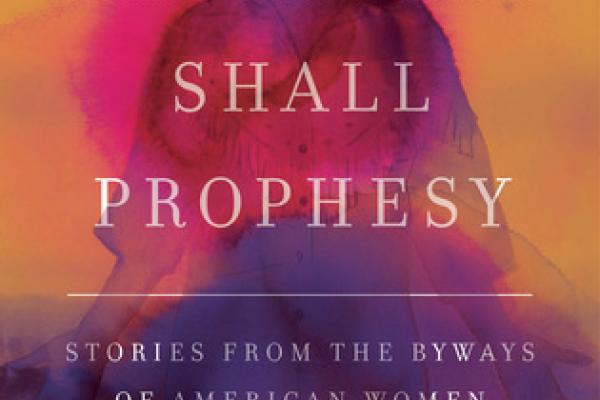I RECENTLY attended a conference at Princeton Theological Seminary called “Telling Our Stories: Breaking the Mold, Taking Risks, Paving the Way.” Immersing myself in a group of women of faith remembering their trailblazing predecessors and sharing their faith journeys was particularly synchronistic as I was reading Adrian Shirk’s well-received volume And Your Daughters Shall Prophesy: Stories from the Byways of American Women and Religion.
Shirk’s work is refreshing and compelling in both its unique structure and earnest voice. The book is a delightful hybrid of creative, narrative chapters featuring a diverse array of historical women intertwined with Shirk’s own spiritual memoir. In both instances, Shirk captures a voice that is insightful, sharp, and unlike anyone else’s I’ve read.
Read the Full Article

